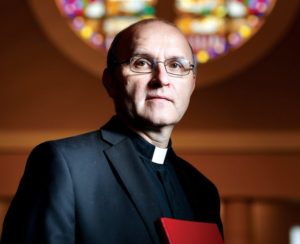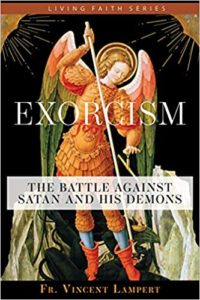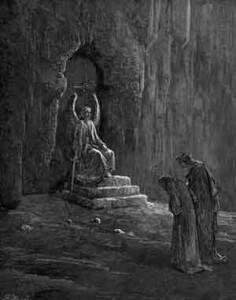Podcast: Play in new window | Download (Duration: 4:36 — 10.5MB) | Embed
Subscribe: Apple Podcasts | Spotify | Amazon Music | Android | Pandora | iHeartRadio | JioSaavn | Podchaser | Gaana | Podcast Index | Email | TuneIn | Deezer | Anghami | RSS | More
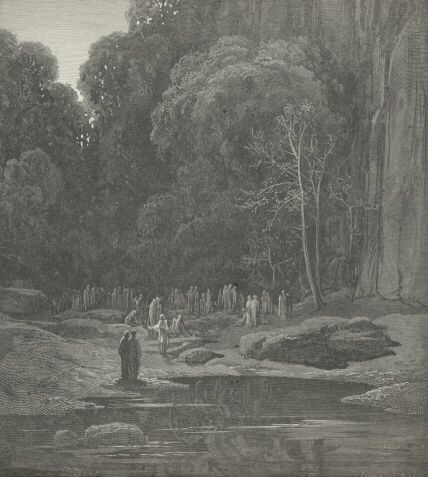
composed by by St. Alphonsus of Liguori
Visit the Discerning Hearts “Holy Souls” page for the complete novena and text of the prayers
My God! How was it possible that I, for so many years, have borne tranquilly the separation from Thee and Thy holy grace! O infinite Goodness, how long-suffering hast Thou shown Thyself to me! Henceforth, I shall love Thee above all things. I am deeply sorry for having offended Thee; I promise rather to die than to again offend Thee. Grant me the grace of holy perseverance, and do not permit that I should ever again fall into sin. Have compassion on the holy souls in Purgatory. I pray Thee, moderate their sufferings; shorten the time of their misery; call them soon unto Thee in heaven, that they may behold Thee face to face, and forever love Thee. Mary, Mother of Mercy, come to their aid with thy powerful intercession, and pray for us also who are still in danger of eternal damnation.
Say the following prayers: 1 Our Father… 1 Hail Mary…
The Prayer to Our Suffering Savior for the Holy Souls in Purgatory
O most sweet Jesus, through the bloody sweat which Thou didst suffer in the Garden of Gethsemane, have mercy on these Blessed Souls. Have mercy on them. R. Have mercy on them, O Lord.
O most sweet Jesus, through the pains which Thou didst suffer during Thy most cruel scourging, have mercy on them. R. Have mercy on them, O Lord.
O most sweet Jesus, through the pains which Thou didst suffer in Thy most painful crowning with thorns, have mercy on them. R. Have mercy on them, O Lord.
O most sweet Jesus, through the pains which Thou didst suffer in carrying Thy cross to Calvary, have mercy on them. R. Have mercy on them, O Lord.
O most sweet Jesus, through the pains which Thou didst suffer during Thy most cruel Crucifixion, have mercy on them. R. Have mercy on them, O Lord.
O most sweet Jesus, through the pains which Thou didst suffer in Thy most bitter agony on the Cross, have mercy on them. R. Have mercy on them, O Lord.
O most sweet Jesus, through the immense pain which Thou didst suffer in breathing forth Thy Blessed Soul, have mercy on them. R. Have mercy on them, O Lord.
(State your intention(s) here while recommending yourself to the souls in Purgatory.)
Blessed Souls, I have prayed for thee; I entreat thee, who are so dear to God, and who are secure of never losing Him, to pray for me a miserable sinner, who is in danger of being damned, and of losing God forever. Amen.

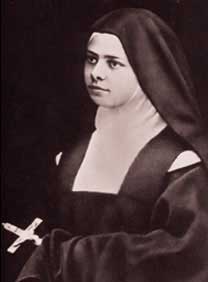

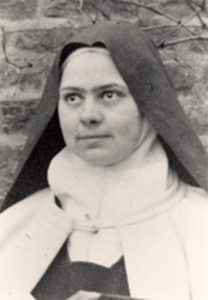
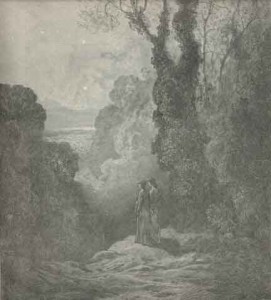
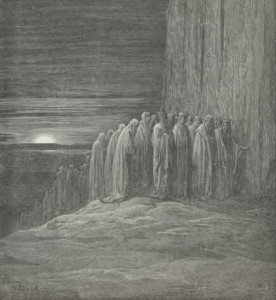
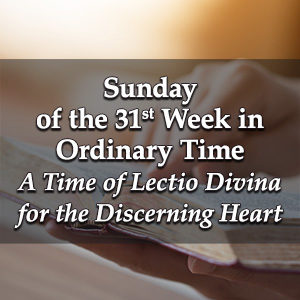 Sunday of the Thirty-First Week in Ordinary Time – A Time of Lectio Divina for the Discerning Heart Podcast
Sunday of the Thirty-First Week in Ordinary Time – A Time of Lectio Divina for the Discerning Heart Podcast